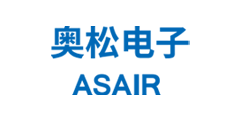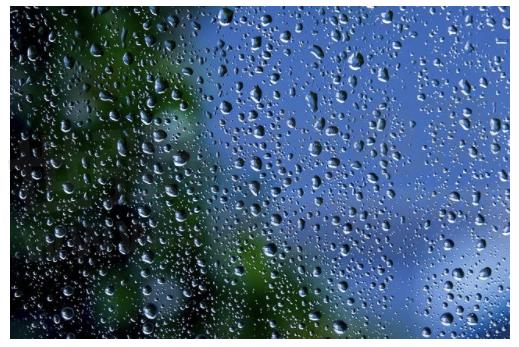Precautions for Temperature and Humidity Sensor Measurement

Today ASAIR will intrdouce the precautions for Temperature and Humidity Sensor measurement from the below sides.
Select The Measurement Range
Like measuring weight and temperature, selecting a humidity sensor must first determine the measurement range. Except for meteorological and scientific research departments, those engaged in temperature and humidity measurement and control generally do not require complete humidity measurement (0-99.9%RH).

Select The Measurement Accuracy
The measurement accuracy is the most critical indicator of the humidity sensor. Every increase of one percentage point is a step up, or even the last level, for the humidity sensor. Because to achieve different accuracy, the manufacturing cost varies greatly, and the selling price also varies greatly. Therefore, users must tailor their clothes, and it is not advisable to blindly pursue "high, precise and sharp." If the humidity sensor is used at different temperatures, the display value should also consider the influence of temperature drift. As we all know, relative humidity is a function of temperature, and temperature seriously affects the relative humidity in a given space. The temperature changes by 0.1°C. A humidity change (error) of 0.5% RH will occur. If it is difficult to achieve a constant temperature in the application, it is inappropriate to propose that the humidity measurement accuracy is too high.
In most cases, if there is no precise temperature control method, or the space to be measured is not sealed, accuracy of ±5% RH is sufficient. For local spaces requiring precise control of constant temperature and humidity, or occasions where humidity changes need to be tracked and recorded at any time, then choose a humidity sensor with an accuracy of ±3%RH or more. The requirement of accuracy higher than ±2%RH may be difficult even for the standard humidity generator to calibrate the sensor, not to mention the sensor itself. Relative humidity measuring instrument, even at 20-25℃, it is still challenging to reach the accuracy of 2%RH. Usually, the characteristics given in the product information are measured at room temperature (20℃±10℃) and clean gas.
Consider Time Drift and Temperature Drift
In actual use, due to the influence of dust, oil and harmful gases, the electronic humidity sensor will age, and the accuracy will decrease after a long time of use. The annual drift of the electronic humidity sensor is generally around ±2%, or even higher. Under normal circumstances, the manufacturer will indicate that the adequate use time for one calibration is 1 or 2 years, and the calibration must be re-calibrated when it expires.
Other Matters Needing Attention
The humidity sensor is non-sealed. In order to protect the accuracy and stability of the measurement, it should be avoided as far as possible in acidic, alkaline and organic solvent-containing atmospheres. Also, avoid using in dusty environments. In order to accurately reflect the humidity of the space to be measured, it is also necessary to avoid placing the sensor in a blind corner that is too close to the wall or where the air does not circulate. If the room to be tested is too large, multiple sensors should be placed. Some humidity sensors require a relatively high power supply. Otherwise, the measurement accuracy will be affected. Or the sensors interfere with each other or even fail to work. When in use, a suitable power supply that meets the accuracy requirements should be provided by the technical requirements. When the sensor needs to carry out long-distance signal transmission, pay attention to the attenuation of the signal. When the transmission distance exceeds 200m, it is recommended to use a humidity sensor with a frequency output signal.
- +1 Like
- Add to Favorites
Recommend
- Temperature Characteristics of Current Fuses
- Introduction to Temperature and Humidity Sensor
- The Application of Socay NTC Thermistors in The Field of Temperature Measurement, The Temperature Measurement Range of Thermistors Can Reach -40 ℃ to +125 ℃
- The Application of 4G Modem in Acquiring Temperature and Humidity Sensor Data
- ASAIR Launches DHT20 capacitive Temperature And Humidity Sensor with a Fully Calibrated Digital IIC Interface
- Application of 4G LTE Modem Combined with Temperature and Humidity Sensor
- Modern Temperature and Humidity Sensor Technology Used in Spraying Workshop can Improve Quality
- LoRaCC68 Series Wireless Transceiver Modules with a Sensitivity of -129dBm and an Output Power of 22dBm, Achieve Temperature Control in Thermostats
This document is provided by Sekorm Platform for VIP exclusive service. The copyright is owned by Sekorm. Without authorization, any medias, websites or individual are not allowed to reprint. When authorizing the reprint, the link of www.sekorm.com must be indicated.





























































































































































































































































































































































































































































































































































































































































































































































































































































































